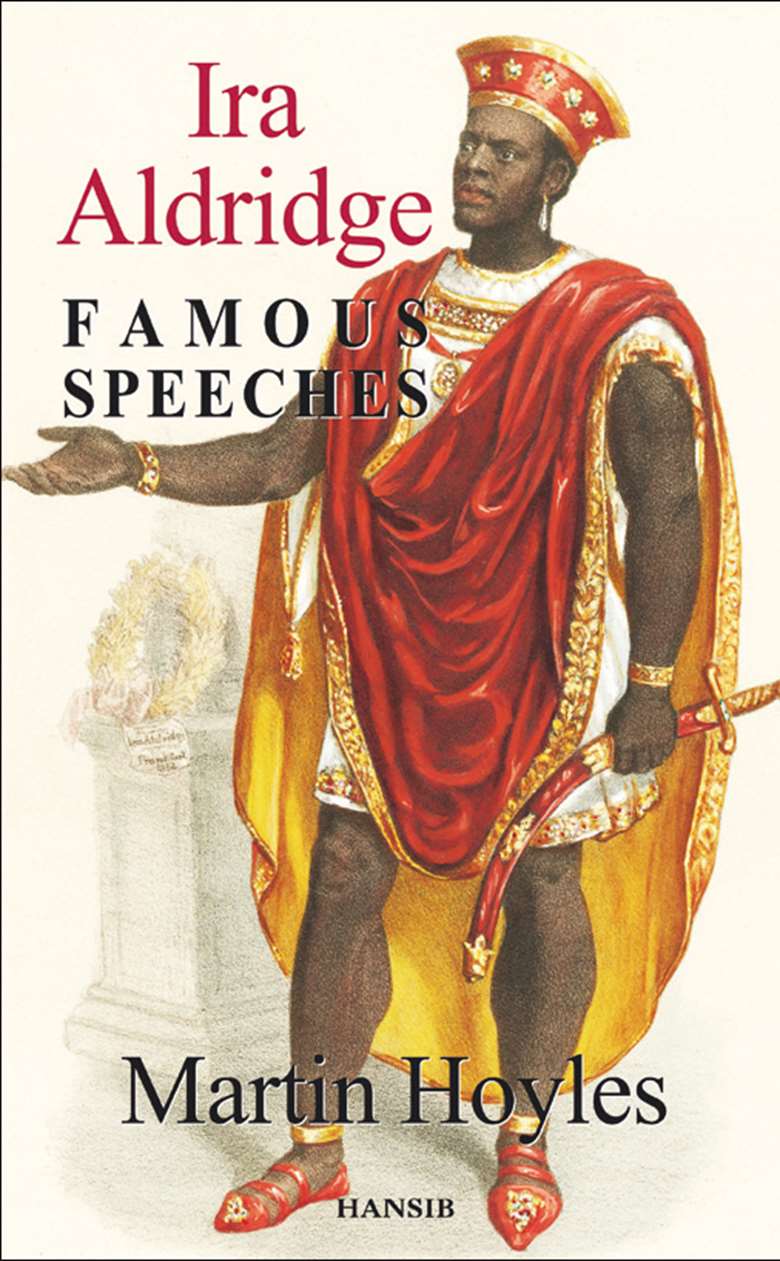Ira Aldridge: Famous Speeches by Martin Hoyles
Rhianna Elsden
Thursday, October 22, 2020
A great practical introduction to an inspiring figure, published by Hansib

I have been studying and teaching for many years, but I knew little about 19th century black actor Ira Aldridge. Having read this book, I now realise I had a gap in my understanding of just how influential and great he was, and I also realise that I have been doing a disservice by not making my students more aware.
By 1824, aged just 17, Ira Aldridge had run away from his home in New York, stowed-away to cross the Atlantic, nearly been sold into slavery, arrived in England and within months was playing Othello on stage. By the time he died in 1867, he was the most famous actor in Europe. He led an eventful and influential life and this book, a follow up to Martin Hoyles's biography of Aldridge, aims to bring a greater awareness of all that Aldridge did both for acting and in challenging racially biased assumptions and politics during the 19th century.
The book outlines Aldridge's 16 most famous roles, many of which were in Shakespearean plays, but not all. Initially cast as Othello, Aldridge eventually went on to roles where he became the first non-white person to perform them. He won over critics and audiences, and the book details how he brought new ideas on how the characters could be interpreted and played.
The research Hoyles has done indicates Aldridge's intellectual and psychological reasoning for the new ideas, and includes discussion of the acting style in much detail, alongside quoted critics’ positive responses to the choices he made. As well as looking at how Aldridge performed the roles – with discussion of his use of voice and physicality – there is in each chapter an overview of how the roles have changed since they were first written. This provides the reader with lots of insights and practical ideas on how to work with speeches from a wide range of styles and characters; the speeches are also printed in the book.
Aldridge's story is inspiring, and Hoyles's book does an excellent job of celebrating him, his life and his work. It can also be used as a book for developing monologue practice and it provides new perspectives on well-known and lesser known classic texts. All in all, it's a great read!

